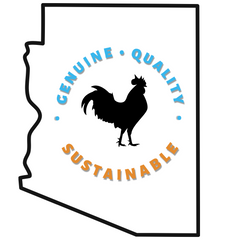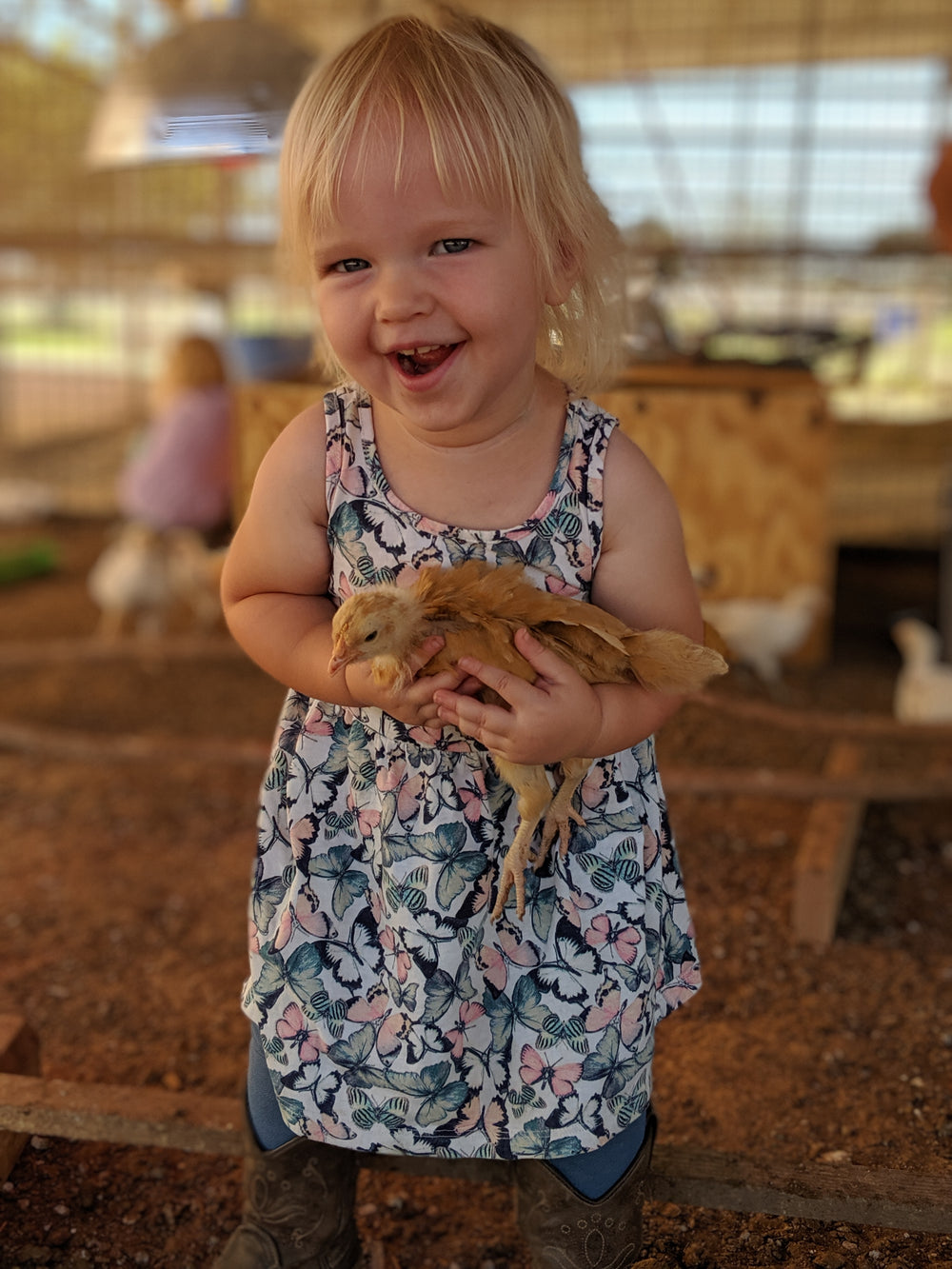Heat-Resistant Chicken Breeds 2025
Raising chickens in hot climates can be challenging, but choosing the right breeds can make a big difference. Heat-resistant chicken breeds have special features that help them stay cool when temperatures soar. These chickens often have large combs and wattles, which act like built-in air conditioners. They also tend to have fewer feathers and lighter-colored plumage, which helps reflect sunlight and keep them cooler.
Key Takeaways
- Heat-resistant breeds have adaptations like large combs and light feathers
- Popular breeds include Leghorns, Rhode Island Reds, and Australorps
- These chickens maintain good egg production in hot conditions
- Proper management is crucial even for heat-tolerant breeds
- Heat-resistant chickens often show better pest tolerance
When selecting chickens for hot weather, look for breeds that originated in warm climates. These birds have adapted over time to handle high temperatures. Some popular heat-resistant breeds include Leghorns, Rhode Island Reds, and Australorps. Heat-tolerant breeds not only survive but can thrive in hot conditions, often maintaining good egg production even when it's toasty outside.
Top Heat-Resistant Chicken Breeds
Let's explore some of the best chicken breeds for hot climates:
1. Rhode Island Red
Rhode Island Reds are tough birds that can handle both hot and cold weather. They're great egg layers, producing about 300 eggs per year. These chickens have a single comb that helps them release heat, and they're good at finding shady spots to cool off. Their reddish-brown feathers provide some protection from the sun while still allowing for heat dissipation.
2. Leghorn
Leghorns are known for their white feathers and large combs. These features help them stay cool in hot weather. They're excellent egg layers, producing about 300 white eggs per year. Leghorns are active birds that do well in warm climates. Their slender build and lightweight body contribute to their heat tolerance, allowing for efficient body temperature regulation.
3. Easter Egger
Easter Eggers are a mixed breed known for laying colorful eggs. They have a variety of feather colors and patterns, which can help with heat reflection. These chickens are friendly and adapt well to different climates, including hot ones. Their genetic diversity often results in hardiness and good overall health, making them suitable for various environments.
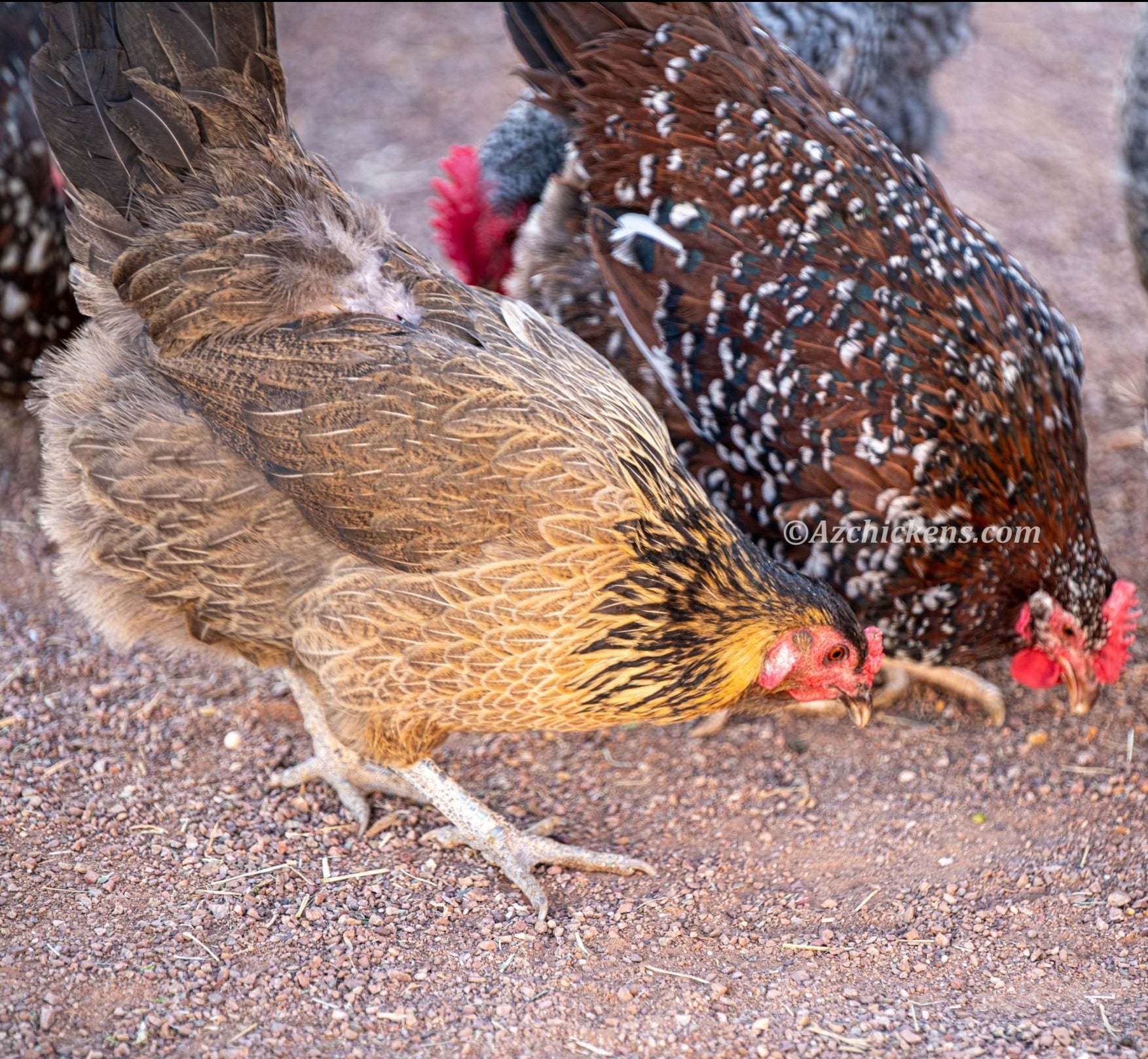
Characteristics of Heat-Resistant Chickens
Heat-resistant chickens share some common traits that help them cope with high temperatures:
Key Characteristics of Heat-Resistant Chickens
- Large combs and wattles for better heat dissipation
- Fewer feathers, especially on feet and legs
- Lighter body weight for easier temperature regulation
- Light-colored feathers to reflect sunlight
- Active foraging behavior to find cool spots
These features allow heat-resistant breeds to regulate their body temperature more effectively in hot weather. The large combs and wattles help blood flow near the surface, allowing heat to escape. Fewer feathers mean less insulation, which is good in hot climates but can make these breeds less suitable for cold areas. The lighter body weight reduces the amount of heat generated by metabolism, further aiding in temperature control.
Pest Tolerance & Heat-Resistant Chicken Breeds
Many heat-resistant chicken breeds also show good tolerance to common poultry pests. This is partly because these breeds are often more active and have better overall health due to their adaptation to warm climates. However, it's important to note that no chicken breed is completely immune to pests or heat. The increased activity levels of heat-resistant breeds can help them avoid some pest issues, as they are more likely to engage in natural behaviors like dust bathing, which can deter parasites.
Some common pests that affect chickens include:
Common Pests Affecting Chickens
While heat-resistant breeds may have some natural resistance, it's still crucial to implement good pest management practices. Regular coop cleaning, providing dust baths, and using natural pest control methods can help keep your flock healthy and pest-free. Additionally, maintaining a stress-free environment can boost the chickens' natural immunity, making them more resilient to pest infestations.
Managing Heat-Resistant Chickens
Even though heat-resistant breeds are better equipped to handle hot weather, they still need proper care to thrive. Here are some tips for managing your flock in hot climates:
Provide Adequate Shade and Ventilation
Make sure your chicken coop has good airflow and shaded areas where chickens can escape the direct sun. You can use shade cloth or plant trees near the coop to create cool spots. Consider installing fans or misters in the coop to improve air circulation and provide additional cooling during the hottest parts of the day.
Offer Fresh, Cool Water
Chickens need plenty of clean water, especially in hot weather. Consider adding ice cubes to their water or using automatic waterers to ensure a constant supply of cool water. Place multiple water sources around the coop and run to encourage frequent drinking. You can also add electrolytes to the water to help prevent dehydration.
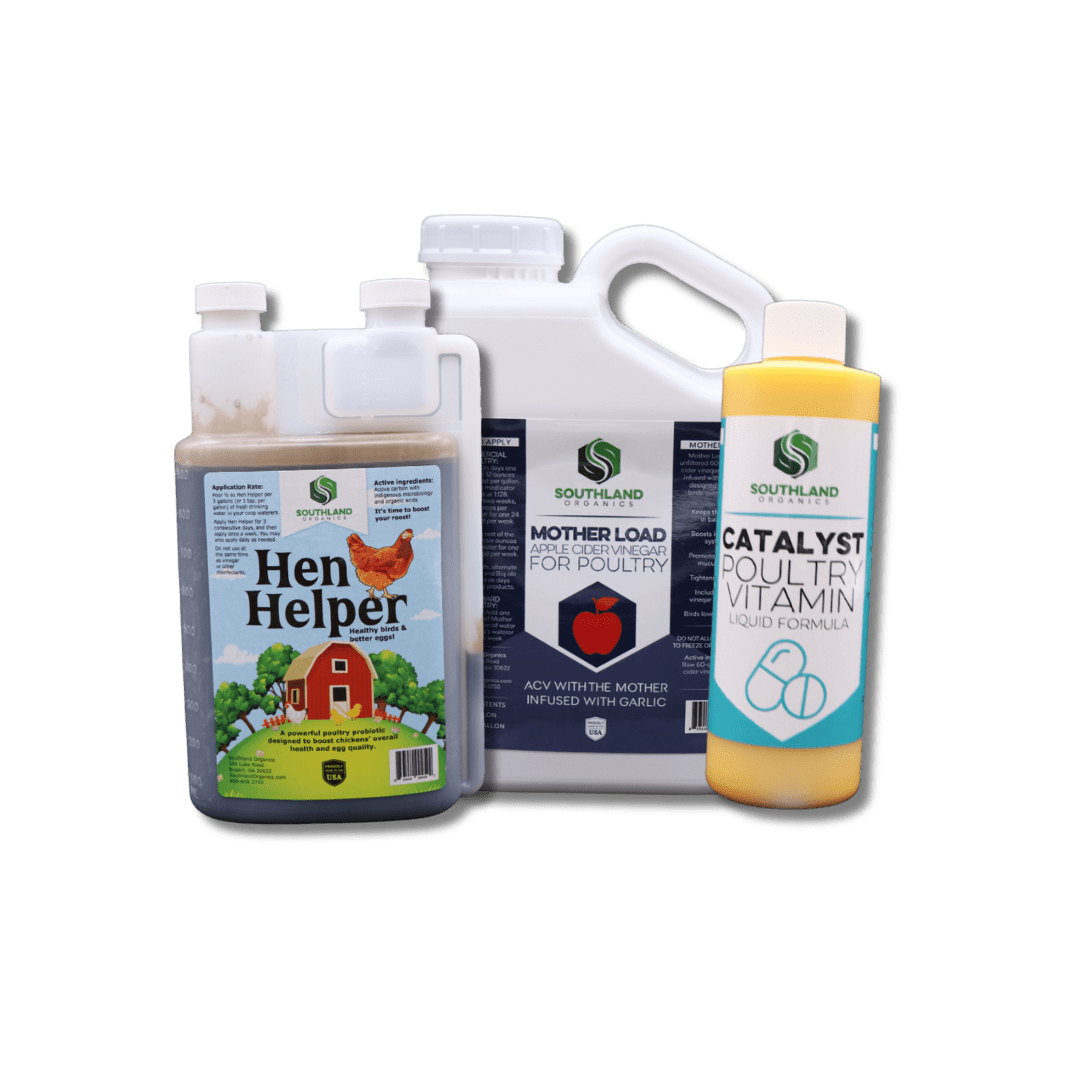
Use Electrolyte Supplements
Adding electrolytes to your chickens' water can help prevent dehydration and heat stress. Electrolyte supplements are especially important during extremely hot days or if your chickens show signs of heat stress. These supplements can help replace minerals lost through increased respiration and sweating, supporting overall health and egg production.
Integrated Pest Management for Heat-Resistant Chickens
While heat-resistant breeds may have some natural pest tolerance, it's still important to have a good pest management plan. Here are some strategies to keep pests under control:
Cultural and Physical Control
Keep the coop and surrounding area clean and dry. Remove wet bedding promptly and ensure good drainage around the coop. Use physical barriers like fine mesh screens to keep flies out of the coop. Regularly inspect your chickens for signs of pests and isolate any affected birds to prevent the spread of infestations.
Biological Control
Encourage natural predators of pests, such as beneficial insects that eat fly larvae. You can also introduce certain types of bacteria or fungi that target specific pests without harming your chickens. For example, nematodes can be used to control soil-dwelling pests, while predatory mites can help manage other mite species that affect chickens.
Chemical Control (as a last resort)
If other methods aren't effective, you may need to use chemical controls. Always choose products specifically designed for use with poultry and follow the instructions carefully. Remember, many pests can develop resistance to chemicals over time, so it's best to use them sparingly. Rotate different types of treatments to prevent resistance and consider consulting with a veterinarian for the most appropriate and safe options. Organic controls such as our desecticide help manage most pests with ease with just a bath.
Breeding Programs for Heat and Pest Resistance
Chicken breeders are constantly working to develop new strains that are even better at handling heat and pests. These breeding programs focus on selecting birds with the best heat-tolerant traits and natural pest resistance. Breeders use techniques such as selective breeding and genetic analysis to identify and enhance desirable traits in chicken populations.
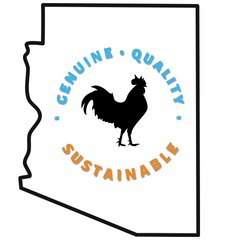
Some breeders are experimenting with crossbreeding heat-resistant breeds with other chickens known for their pest tolerance or egg production. The goal is to create chickens that can thrive in hot climates while still being productive and healthy. These efforts are particularly important as climate change continues to affect global temperatures, making heat-resistant breeds increasingly valuable for food security.
Economic Impact of Heat-Resistant and Pest-Tolerant Chickens
Raising heat-resistant and pest-tolerant chickens can have significant economic benefits for farmers and backyard chicken keepers. These benefits include:
| Benefit | Impact |
|---|---|
| Increased egg production | High |
| Reduced feed costs | Medium |
| Lower veterinary expenses | Medium |
| Improved meat quality | Medium |
| Better survival rates | High |
By choosing the right breeds and implementing good management practices, chicken keepers can reduce losses due to heat stress and pest infestations. This leads to healthier flocks, better egg and meat production, and ultimately, improved profitability. The increased resilience of these breeds can also result in lower mortality rates and reduced need for expensive interventions, further contributing to economic benefits.
Conclusion: The Future of Heat-Resistant Chicken Breeds
As global temperatures continue to rise, the importance of heat-resistant and pest-tolerant chicken breeds is likely to grow. These hardy birds offer a sustainable solution for poultry farming in hot climates, helping to ensure food security and economic stability for farmers around the world. The ongoing research and breeding programs focused on enhancing these traits will likely result in even more adaptable and productive chicken breeds in the future.
Whether you're a commercial farmer or a backyard chicken enthusiast, choosing heat-resistant breeds and implementing good management practices can help you raise healthy, productive chickens even in challenging climates. By understanding the unique needs of these breeds and staying informed about the latest developments in breeding and pest management, you can set your flock up for success.
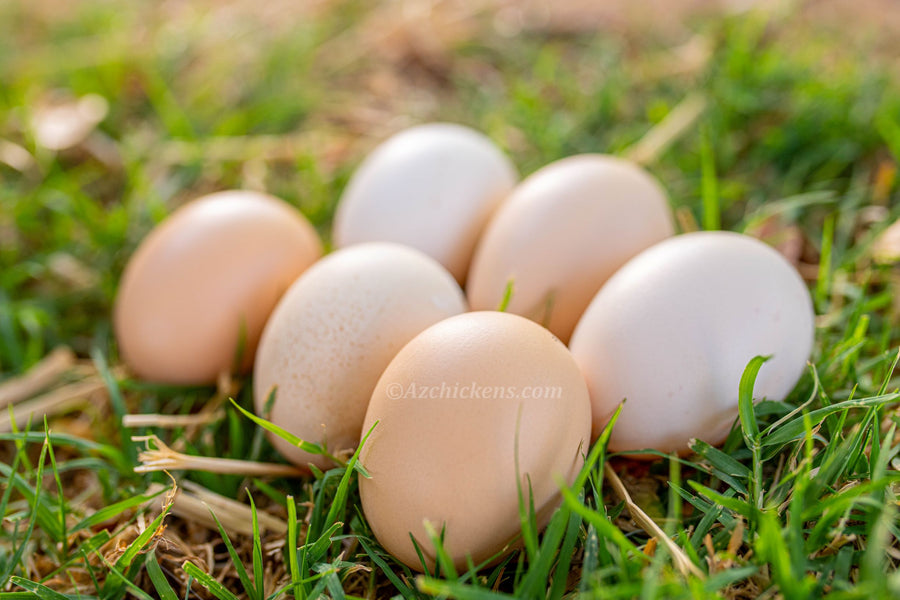
Remember, while breed selection is important, proper care and management are equally crucial. By providing your chickens with a comfortable environment, good nutrition, and effective pest control, you can help them thrive even in the hottest weather. With the right approach, you can enjoy fresh eggs and healthy chickens all year round, no matter what the thermometer says. As climate patterns continue to change, the adaptability of heat-resistant chicken breeds will become increasingly valuable, making them an excellent choice for families wanting sustainable eggs and chicken in the years to come.

